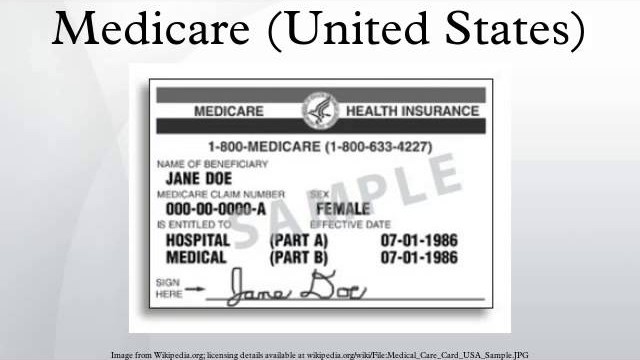In the United States, Medicare is a national social insurance program, administered by the U.S. federal government since 1966, that guarantees access to health insurance for Americans aged 65 and older who have worked and paid into the system, and younger people with disabilities as well as people with end stage renal disease (Medicare.gov, 2012) and persons with amyotrophic lateral sclerosis. As a social insurance program, Medicare spreads the financial risk associated with illness across society to protect everyone, and thus has a somewhat different social role from for-profit private insurers, which manage their risk portfolio by adjusting their pricing according to perceived risk.
In 2010, Medicare provided health insurance to 48 million Americans—40 million people age 65 and older and eight million younger people with disabilities. It was the primary payer for an estimated 15.3 million inpatient stays in 2011, representing 47.2 percent ($182.7 billion) of total aggregate inpatient hospital costs in the United States. Medicare serves a large population of elderly and disabled individuals. On average, Medicare covers about half (48 percent) of the health care charges approved by Medicare. Medicare enrollees must then cover the remaining approved charges either with supplemental insurance or with another form of out-of-pocket coverage. Out-of-pocket costs can vary depending on the amount of health care a Medicare enrollee needs. They might include uncovered services—such as long-term, dental, hearing, and vision care—and the supplemental insurance.
This video is targeted to blind users.
Attribution:
Article text available under CC-BY-SA
Creative Commons image source in video






